Join getAbstract to access the summary!

Join getAbstract to access the summary!
Edward D. Hess and Katherine Ludwig
Humility Is the New Smart
Rethinking Human Excellence in the Smart Machine Age
Berrett-Koehler, 2017
What's inside?
Become “NewSmart” to gain meaningful employment in a future of hyper-intelligent machines.
Recommendation
In this fundamentally optimistic book about the prospects for human labor in a future dominated by smart machines, Edward D. Hess and Katherine Ludwig argue that people will continue to bring irreplaceable critical thinking, creativity and emotional relationship skills to the workplace. To thrive in the “Smart Machine Age,” every employee must master four “NewSmart” behaviors: “Quieting Ego, Managing Self, Reflective Listening” and “Otherness.” And businesses must reject hierarchical management and become more humane to foster their people’s well-being, resilience, development and engagement.
Summary
About the Authors
Edward D. Hess is a business administration professor at the University of Virginia Darden School of Business. Katherine Ludwig served as associate general counsel for a publicly traded tech company.










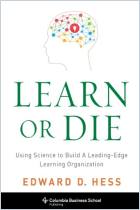



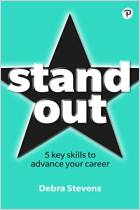
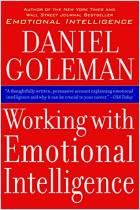
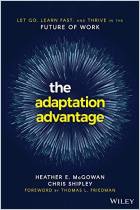
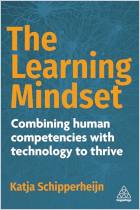


Comment on this summary